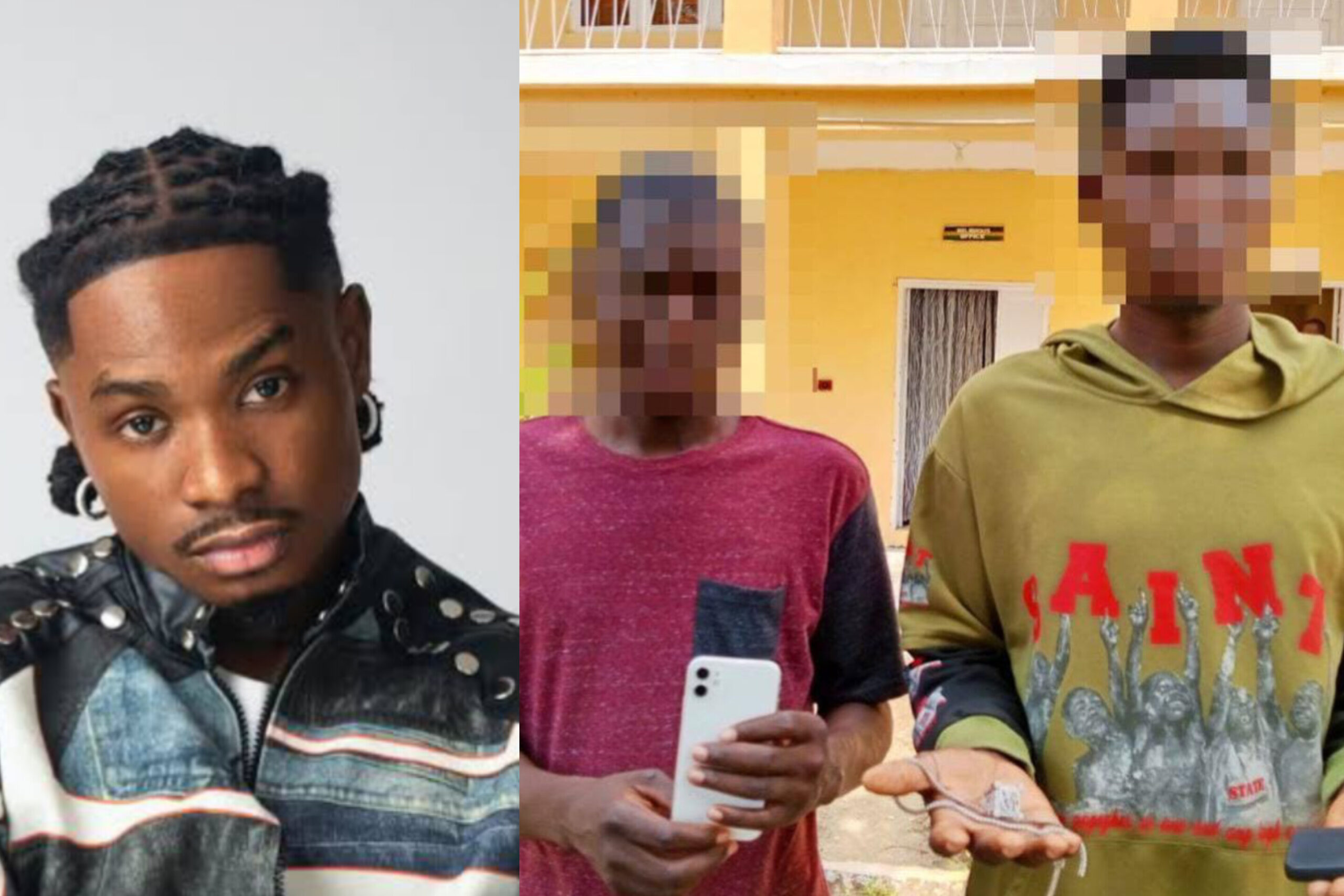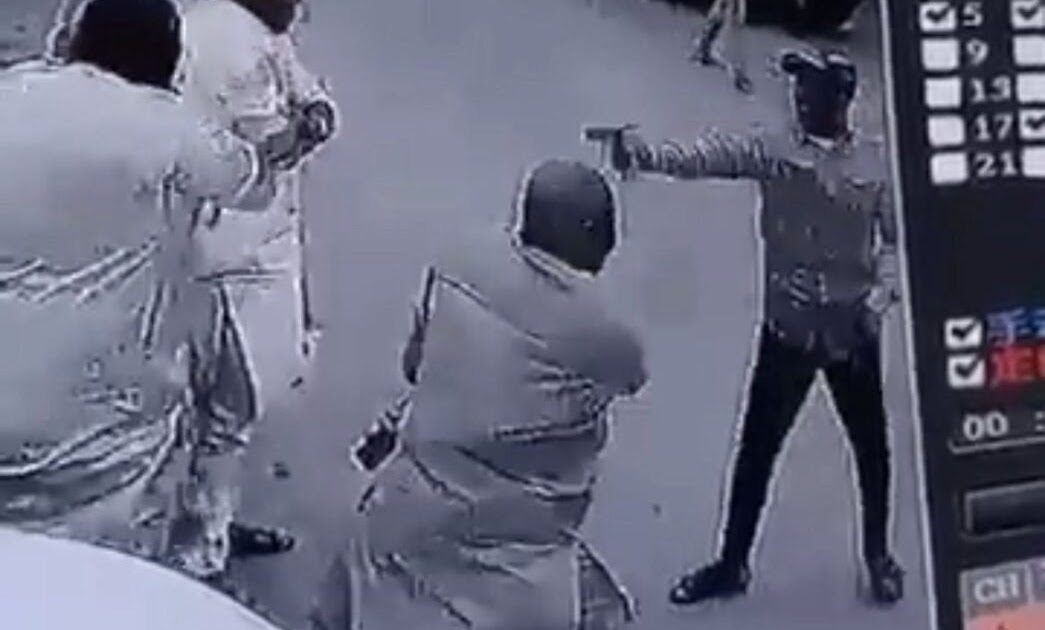BIG STORY
Why FG Didn’t Shut Down Social Media During #EndSARS Protests —— Minister
-

 BIG STORY6 hours ago
BIG STORY6 hours agoHow Police Tracked, Arrested Notorious Suspect John Samuel Who Shot, Robbed Gbenga Obama At His Epe Hideout
-

 BIG STORY2 days ago
BIG STORY2 days agoLagos NURTW Official Shamsideen Adio Arrested For Beating Dispatch Rider To Death Over “Car Scratch”
-

 BIG STORY1 day ago
BIG STORY1 day agoRoad To 2027: We’re Ready To Join APC, Says Kwankwaso, Gives Condition
-

 BIG STORY2 days ago
BIG STORY2 days agoBREAKING: Fubara Arrives Port Harcourt Airport
-

 BIG STORY2 days ago
BIG STORY2 days agoProtest Rocks Lagos Over Alleged Killing Of Marwa Driver By NURTW Boss
-

 BIG STORY4 days ago
BIG STORY4 days agoBREAKING: Tinubu Suspends Emergency Rule In Rivers, Asks Fubara To Resume Tomorrow
-

 BIG STORY4 days ago
BIG STORY4 days agoSaudi Arabia Frees Three Nigerian Pilgrims Detained For Alleged Drug Trafficking After FG Intervention
-

 BIG STORY4 days ago
BIG STORY4 days agoElumelu Mourns Colleagues Who Died In Afriland Fire Incident, Cuts Short US Trip
























